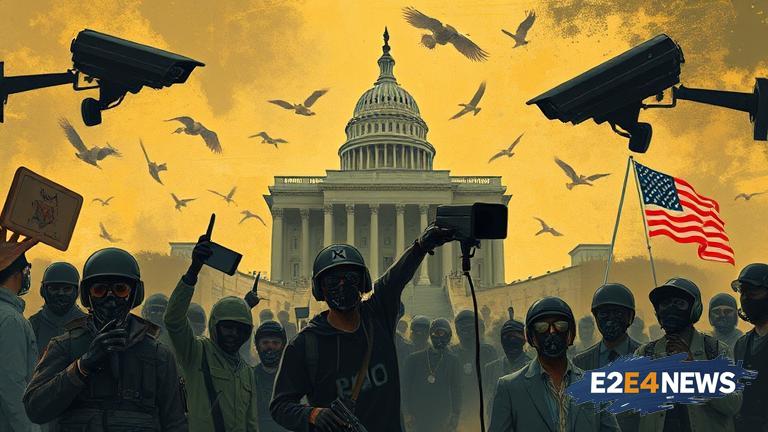The Federal Bureau of Investigation (FBI) has been monitoring and suppressing hip-hop music for decades, with a focus on artists who speak out against social injustice and police brutality. In the 1980s, the FBI launched a campaign to discredit and disrupt the hip-hop group NWA, whose music addressed issues of racism and police violence. The FBI also targeted other hip-hop artists, including Tupac Shakur and The Notorious B.I.G., who were both murdered in separate incidents. In the 1990s, the FBI’s war on hip-hop continued, with the agency launching a series of raids and arrests targeting hip-hop artists and promoters. The FBI also began to use hip-hop lyrics as evidence in court cases, often taking them out of context to portray artists as violent or threatening. This practice has been widely criticized as a form of racial profiling and censorship. In recent years, the FBI has continued to target hip-hop artists, including Kanye West and Jay-Z, who have both been the subject of FBI investigations. The FBI has also been criticized for its use of social media monitoring and surveillance to track hip-hop artists and their fans. Despite the FBI’s efforts to suppress hip-hop, the genre has continued to thrive and evolve, with many artists using their music to speak out against social injustice and police brutality. The FBI’s war on hip-hop is a clear example of the government’s attempts to silence marginalized communities and suppress dissent. The use of hip-hop lyrics as evidence in court cases is a particularly troubling trend, as it can be used to unfairly target and prosecute artists. The FBI’s surveillance and monitoring of hip-hop artists and fans is also a concern, as it can have a chilling effect on free speech and artistic expression. Furthermore, the FBI’s actions have been criticized for being overly broad and targeting entire communities, rather than individual artists or lyrics. The impact of the FBI’s war on hip-hop can be seen in the many artists who have been silenced, arrested, or otherwise targeted by the agency. The FBI’s actions have also had a broader impact on the music industry, with many artists feeling pressured to self-censor or avoid speaking out on social issues. In addition, the FBI’s use of hip-hop lyrics as evidence has been criticized for being based on a flawed understanding of the genre and its cultural context. The FBI’s war on hip-hop is a complex and multifaceted issue, with roots in the agency’s history of surveillance and suppression of marginalized communities. Ultimately, the FBI’s actions have had a profound impact on the hip-hop genre and the artists who create it, and have raised important questions about the limits of free speech and artistic expression in the United States.
